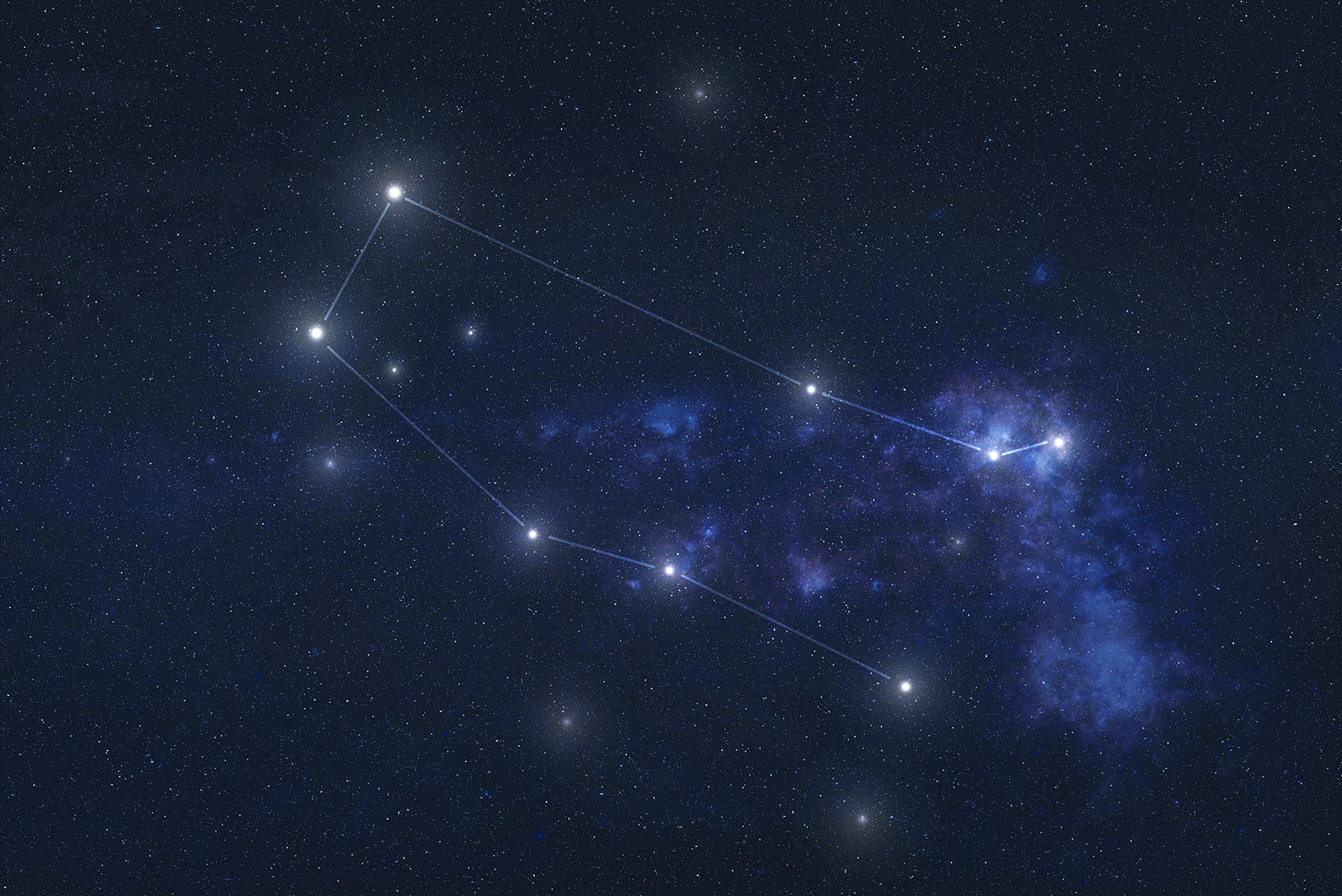

Gemini is one of the 88 modern constellations, visible in the night sky from the Earth's northern hemisphere. It is part of the zodiac, a group of constellations along the ecliptic path that the Sun, Moon, and planets appear to travel through from our perspective on Earth.
The constellation Gemini is represented by two bright stars, Castor and Pollux, which appear relatively close together and form the prominent "twin" figures. The twin stars have been recognized and named in various cultures' mythology and folklore, including Greek and Roman, where they are associated with the twin brothers Castor and Pollux, known for their adventurous exploits.
Gemini is easily recognisable and serves as a helpful guide for celestial navigation and sky observation. Astronomers use constellations like Gemini to locate and identify stars and other celestial objects. It also plays a role in determining positions during celestial events and serves as reference points for sky maps.
Throughout history, constellations like Gemini have captivated human imagination, inspiring stories and cultural significance in various civilisations. Today, Gemini continues to be a source of wonder and appreciation for the beauty of the night sky and the vastness of the universe.
The Gemini constellation is one of the brightest in the sky.

Noun: Gemini, the third astrological sign in the zodiac.
Adjective: Geminian.
Verb: to geminate.
The word "Gemini" comes from the Latin word "gemini", which means "twins". The Latin word "gemini" is thought to be derived from the Proto-Indo-European root "gem", which also means "twins".
What do you know about the constellation Gemini?